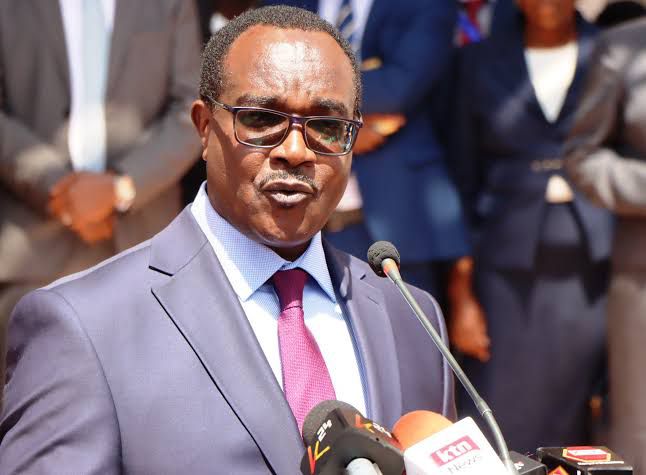[…]
Read moreCategory: Breaking Education News
Your one-stop button for all education news from not only in Kenya but also from the globe.
CS Magoha issues new orders on pregnant school girls
[…]
Read moreEducation Ministry clarification on 2021 admission letters download and procedure
[…]
Read moreRoles and Responsibilities of the Directorate of Quality Assurance and Standards in MoE and TSC
[…]
Read moreForm one admission 2021 (How to get your selection results through SMS)
[…]
Read moreSenior School curriculum designs and retooling manuals
[…]
Read morePresident Kenyatta Launches Shs 1.9bn Locally Assembled School Desks Project
[…]
Read moreApplication for joining Teacher Training Colleges extended by the Ministry of Education
[…]
Read moreTotal shutdown: President Uhuru oders immediate closure of all schools, Universities
[…]
Read more